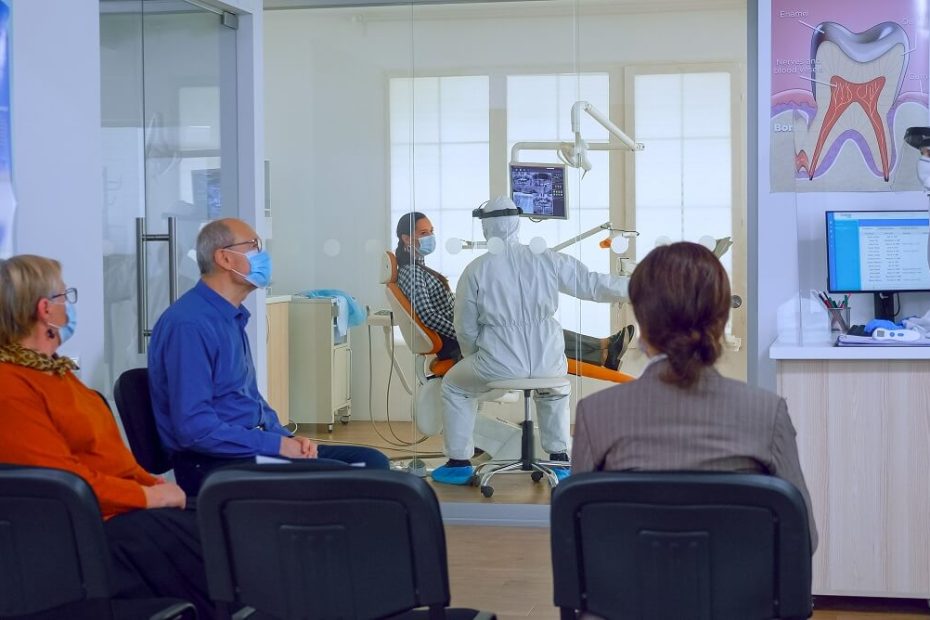Opioid addiction is a major issue in the United States, with more than 2 million people suffering from opioid use disorder and over 47,000 citizens dying each year due to overdose. Pain control clinics have recently been developed to help patients overcome opioid dependence, but many patients do not understand how these clinics work and what services they offer.
How Does Pain Control Clinics Help Patients?
Pain control clinics provide multidisciplinary care that focuses on the individual needs of each patient. This includes an assessment of physical and mental health status as well as an evaluation of environmental, social, and socioeconomic factors that may contribute to opioid abuse. Patients are given individualized treatment plans that include both medication-assisted therapies (MAT) and psychosocial interventions such as cognitive behavioral therapy (CBT). MAT is used to reduce cravings while CBT helps patients identify triggers for use and develop coping strategies to avoid relapse.
In addition to MATs and CBT, pain control clinics also provide a variety of support services such as case management, support groups, education on addiction treatment options, job placement assistance, transportation assistance, financial counseling services, and referrals for legal help. These programs seek to address the underlying issues that contribute to opioid addiction in order to create a comprehensive plan of care for each patient.
Opioid addiction is a growing issue in the United States, but pain control clinics are helping patients overcome dependency and achieve long-term recovery. Through comprehensive assessments, individualized treatment plans, and a variety of supportive services, pain control clinics are working to address the root causes of addiction and provide a path to recovery. With the right help, individuals suffering from opioid use disorder can start on the road to recovery and regain control of their lives.
Opioid addiction is a growing problem across the United States, and its effects on our society can be devastating. While there are many ways to combat opioid addiction, pain control clinics are doing their part to help patients manage their physical and mental health needs in order to overcome dependency.
The Role of Pain Control Clinics
Pain control clinics like Warwick Pain control clinic provide a comprehensive approach to treating chronic pain by combining medical care with psychological services such as psychotherapy and counseling. These clinics offer a variety of services that address the physical and emotional aspects of chronic pain, from prescribing medications to providing education about managing symptoms. Additionally, these facilities often offer alternative treatments such as acupuncture or massage therapy for those who wish to explore these options.
Pain control clinics also focus on preventing opioid misuse by educating patients about the risks associated with opioid use and providing resources for pain management that don’t involve opioids. These clinics provide patients with the tools and support they need to manage their chronic pain without resorting to opioid use.
In addition, these clinics offer counseling services to help those struggling with addiction on their journey toward recovery. Counselors work with patients to identify triggers and develop strategies for avoiding relapse while addressing any underlying issues that may be contributing to the addiction.
Conclusion:
Pain control clinics are important in combating opioid addiction by providing comprehensive care which includes medical, psychological, and alternative treatments. Additionally, they provide education about risks related to opioid use as well as resources for managing pain without using opioids. Finally, they offer counseling services to help patients on their journey toward recovery. By utilizing these services, those struggling with addiction can get the help they need to overcome their dependency and lead healthier lives.
The battle against opioid addiction is a complex one that requires a multifaceted approach in order to achieve success. Pain control clinics are playing an important role in this fight by providing comprehensive care for those struggling with addiction as well as education about its risks and resources for managing pain without relying on opioids. With the right support, those struggling with opioid addiction can take the first steps toward recovery and reclaim their lives from dependency.
